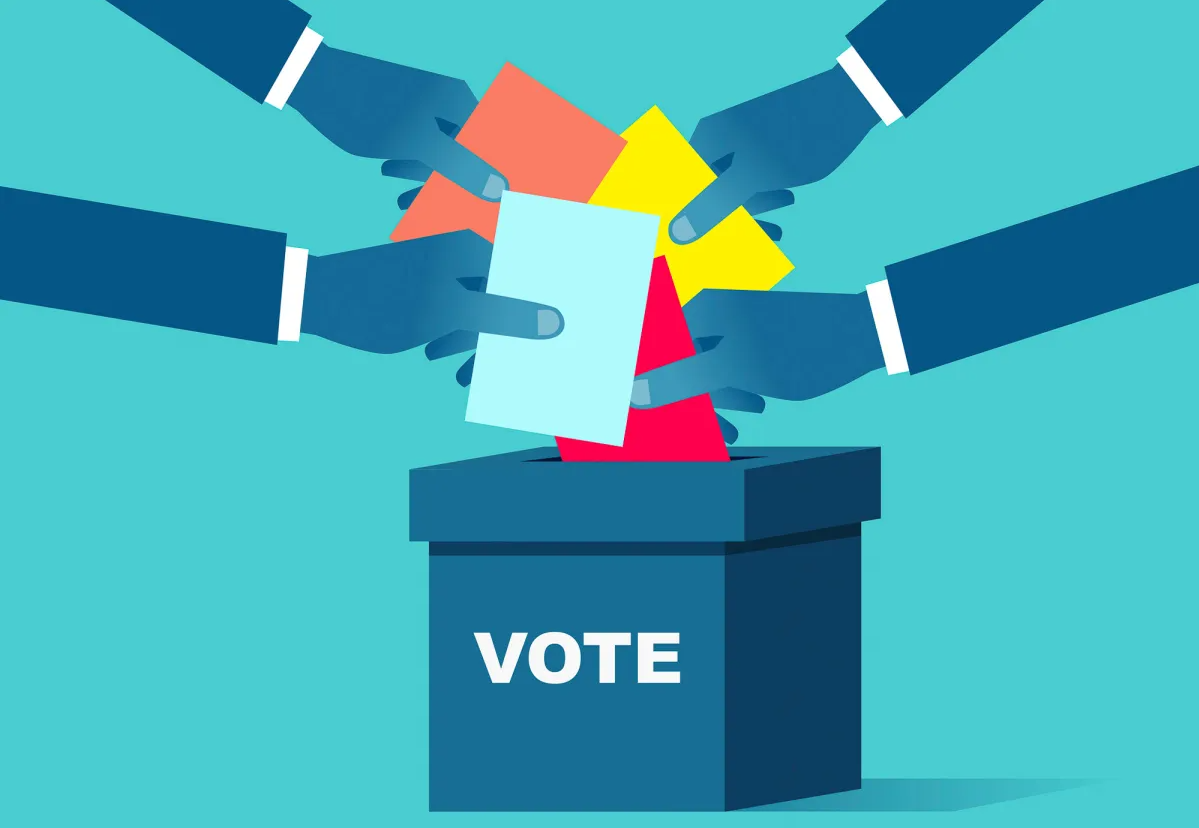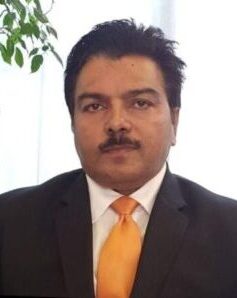The policies of President Kassym-Jomart Tokayev demonstrate that he has the ambition to evolve political modernization in Kazakhstan with the balance of power redistributed among the executive, legislative, and judiciary. He aims to strengthen the authority of local and regional government and the participation of people in governance. At the same time, President Tokayev is well aware that unsystematic political liberalization can be devastating, as in the cases of the Arab Spring and the color revolutions that led to destabilization and fragmentation of statehood. As a result, gradual political modernization has been adopted.

Photo credit: csusm.edu.
Because of its national resilience, Kazakhstan quickly recovered from the shocking events of January 2022 when some outlaws wanted the nation to collapse. To strengthen the foundations of governance through political and socio-economic changes, President Tokayev introduced several constitutional amendments that were implemented following the nationwide referendum in June 2022. These amendments and reforms have ushered in new democratic principles in Kazakhstan, including a more influential parliament, limited presidential powers, simplified procedures for registering new political parties, and direct elections of akims (mayors), among other necessary measures.

Muhammad Rafiq.
The upcoming milestone in this political modernization process is March 19, when parliamentary and local elections will be held. A total of 281 party list candidates and 435 candidates in single-mandate districts will compete for seats in the Mazhilis (lower house of parliament). Over 12 million people can vote in the election. National and international observers will closely observe the electoral process.
Traditional political and democratic culture is taking root in the country. All seven political parties that are participating in the upcoming elections have outlined their manifestoes in the pre-election televised debates.
The People’s Party of Kazakhstan is pursuing the goal of a fair society where power and wealth belong to the people. The party promises to raise the minimum salary from 70,000 tenge (US$155) to 140,000 tenge (US$311) and cut the mortgage rates to 3 percent.
The Amanat party intends to eliminate injustice, oligopoly, and corruption. The party is also determined to extend employment to 1.5 million young people.
The Respublica party is focusing on leveling rural and urban education and learning conditions. In addition, the party has plans to develop medium businesses in rural areas.
The rural backdrop of the Auyl People’s Democratic Party is evident in its manifesto. The party wishes to enhance the status of ordinary rural workers. It also wants to adopt a food security law and tax exemption on the 280,000 household farms across the country.
The Baytaq Green party aims to address concerns about the environment and human health protection. The party also believes businesses should not interfere with politics.
The Nationwide Social-Democratic Party raises the issues of free healthcare, education, housing, and increase in pension, wages, social allowances, and employment.
The Aq Jol Party is pursuing liberalization of the economy, support of business, and restriction on government’s interference.
It is possible to be nominated not only by the political parties but also through self-nomination. This offers public leaders across the country the opportunity to participate in political decision-making at the regional and national levels. This contributes to increased civil society participation under favorable conditions for their development.
It is also worth noting the significance of the “against all” option on the ballots. The percentage of those exercising this option would indicate the quality of candidates, political manifestos, and the electoral process. This option must be a permanent part of the electoral process in the future, as it provides a useful guideline for the authorities.
Another important initiative is the 30 percent quota for women, youth, and persons with special needs on party lists in the distribution of mandates. It ensures broader representation in the parliament of all groups in Kazakhstan.
The participation of seven political parties, including two new ones, will contribute to strengthening a multi-party system by increasing plurality and influence of opposition. Reducing the threshold for parties to enter parliament from seven to five percent will also make it easier for the opposition parties to play a more significant role in increasing government accountability.
As a result of last year’s constitutional reforms, a hybrid proportional-majoritarian model will be used for the upcoming election. 70 percent (69) of members will be elected proportionally from party lists, while 30 percent (29) from the single-member districts will be elected by majoritarian rule.
Similarly, the elections to the maslikhats (local representative bodies) of districts and the cities of national importance will be held with a 50/50 ratio under a mixed electoral system. Lower-level maslikhats will be elected only under a majoritarian rule. This new model for the formation of the Mazhilis and maslikhats will protect voters’ interests at the national and regional levels and ensure a wide range of views.
The above analysis amplifies the significance of the upcoming elections for the political modernization of the country. When announcing the parliamentary and local early elections, President Tokayev said, “We have entered a new era of development in Kazakhstan. The country is undergoing a dynamic and comprehensive process of renewal. These elections will become the embodiment of societal changes and give a powerful impetus to further modernization of our political system. Election to the Mazhilis and maslikhats will be the final stage of rebooting state institutions and exemplify the formula ‘A strong President, an influential Parliament, an accountable Government.’”
Muhammad Rafiq (Pakistan) is a senior banker based in Kazakhstan with a keen interest in Central Asian studies.
